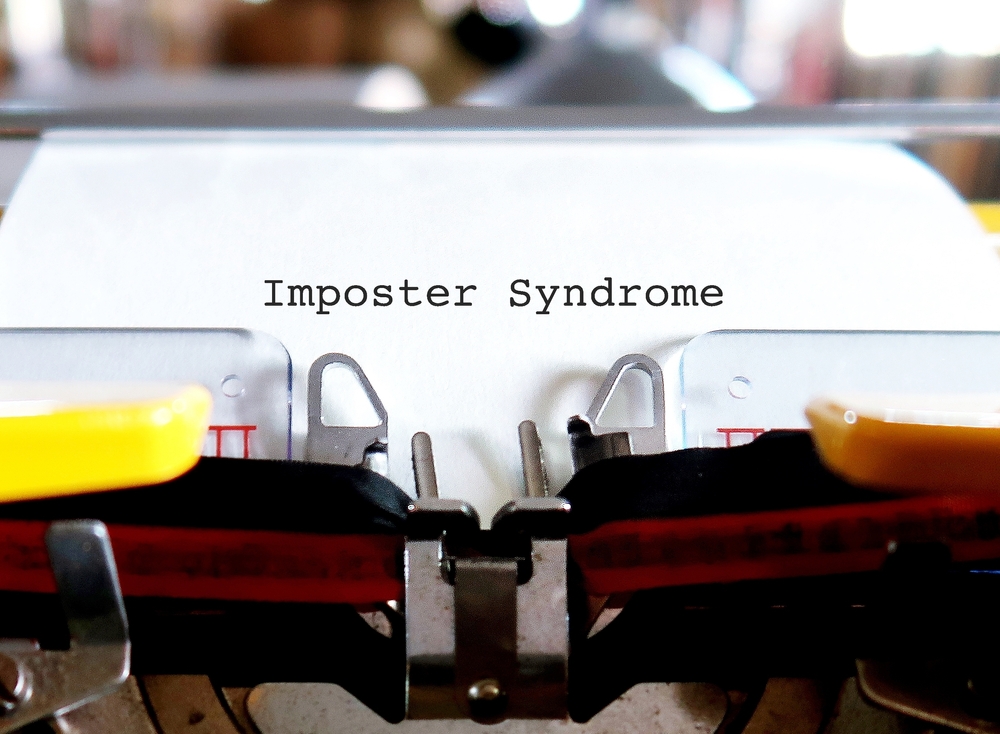A Love Letter to the Recruitment Industry
A reflection on the genuine people I've ment and experiences I've had in the recruitment industry, discrediting the ABC's misguided and deficit 'underbelly' view of recruiting.
A love letter to the Recruitment Industry
A few weeks ago, the ABC published an online story written by journalist David Taylor that depicted the recruitment industry in a less than favourable light, suggesting a dark and hidden underbelly of activity and behaviour. Industry trainer and blogger, Ross Clennett, ever so superbly deconstructed the article; and whilst advocating for our industry, Ross politely, yet purposely, exposed the misinformation of the article. Demonstrating his own version of investigative journalism, he probed and fact checked all that was written.
Brush. Tarnish.
The year was 1996, when I responded to a job advertisement in the paper. A classified advertisement in the careers lift out, pages and pages of job ads. It would be another 12 months before Seek.com would launch, so the careers lift out, now a distant relic, was the printed, sometimes glossy version of a job board platform. A week after responding to this small and seemingly insignificant job advertisement, I would start in a new job that would end up changing the direction of my life and give depth and purpose to my work and to my career.
Fast forward a couple of decades and last year I celebrated my 50th birthday at a cocktail party with fairy lights shimmering, glasses tinkling, and the voices of those I love the most. There was a rollicking and rowdy bunch of women at said party (their husbands in tow). One of those women I met on that first day of that new job back in 1996, and over the following 12 months I would go on to meet most of the others as they also came to work at that same office with me. A lot can happen in more than twenty years, milestones would come and go, holidays, babies, weddings, funerals. There would be joyous occasions and enormous tragedy. Collective experiences that in many ways have shaped the relationships and connections we feel so privileged to have. But also at my party were a smattering of former clients, long since moved on from the client relationship and were now celebrating with me because they too have become a part of my tribe. I could never have imagined that a job could reap the rewards in the form of these treasured friendships that I have made over the years.
When I read David Taylor’s article a little piece of me broke, and like Ross, I too felt a mix of anger and disappointment as I am sure many of my colleagues and peers would have felt too. But it also made me feel tired. Tired that I have spent so much of my working life in a career that though isn’t saving lives, it has the power to change lives only for it to be discredited in such a misleading way. Our industry is full of wonderful people who feel as though they are constantly having to defend themselves because there is a misguided view that it is all about the ‘thrill of the sale.’ This was a piece that was largely unfair and mostly inaccurate. It is not to say that there isn’t unacceptable and mediocre conduct within our industry, I am not that naïve to suggest otherwise, but like in any industry it exists, albeit in a small and insignificant minority. I am also of the view that the actions detailed in the article are more a reflection of an individual than on an industry. In my mind, an individual who thinks it is acceptable to forge a reference check document is an individual likely to forge any document in any industry. That’s on them and not necessarily the industry they are part of.
I have long said to my consultants that if there comes a day when you make a phone call to a candidate, to tell them they have been successful for a role that they are so very invested in, and the delivery of that news elicits little or no emotion from you then this is the day you question if you should still be recruiting. Equally, when telling a candidate that they have been unsuccessful, and doing so means nothing and you feel nothing, it is also time to question this. I have not tired of making the calls that will often make someone’s day and likewise, making the calls that will result in someone having probably a lousy day as well. They don’t get any easier, the impact doesn’t lessen as the years go by. I know that in my industry it is the majority, not the minority, who would agree with me, and Taylor doesn’t speak of this in his article. He doesn’t reference that it has been drummed into us by industry gurus like Ross Clennett and Greg Savage that ‘no news IS news’, and that it is not only our job and our obligation, but that it is human courtesy to make those calls – the good news, the bad news and the no news. There is always room for an industry, any industry, to do better and to be better.
Ross Clennett did a glorious job of throwing light on the shade of this piece, as quote by quote he debunked certain elements of what was said. I am a bit weary having to justify an industry that is full of the kinds of stories that you don’t hear about because they don’t write the headlines that attract the clicks.
In 2001, a new Australian TV series would hit our television screens. Centred around a group of 20 somethings living in the same apartment block, The Secret Life of Us was the kind of television we need more of. Pre reality days, it was an excellent and somewhat realistic representation of being in your 20’s. I digress, for a reason…
In the first episode, season one, Deborah Mailman’s character speaks of the trifecta of life – home, love and work; and when you have all three you have the trifecta. Okay, so our industry is not one that is saving lives or teaching our young people. But it is an industry, along with many of the people within it, that has the ability to influence the trifecta of our lives. Because what Journalist David Taylor failed to report on is that we are guiding, coaching and educating people, those from all walks of life and all with varying levels of experience and stories. Ours is an industry that hears all manner of stories, and we take those stories and turn them into jobs and careers. Just as I may encourage a candidate to take a role because of its opportunity and potential, I may discourage another candidate from taking an offer because I know, instinctively, that it isn’t the right place or right opportunity for them. I (and many others) have walked away from a ‘sale’ because it was not right. Our work and our careers have enormous impact on a person’s wellbeing and as an industry we have the power to influence this. It is our industry that people put their trust in, to help them with their trifecta.
As I write this, I have a colleague on annual leave. Her leave happens to coincide with her five-year work anniversary with us and her leave is so she can move into her new home, a property she has purchased entirely on her own. On her last day before leave, bubbling with excitement and anticipation, we took a moment to acknowledge this achievement. A significant and life changing event. I don’t deny that her work has afforded her to be in the financial position that has enabled her to do this. What is unspoken is not only how hard she has worked, but just as importantly the quality of her work. Her unfailing and unfaltering desire to do good work that is defined well beyond our industry code of conduct, because for most of us in the industry that goes without saying. Also, because ours is an industry that is full of good people doing the right thing.
You just don’t read about that.









